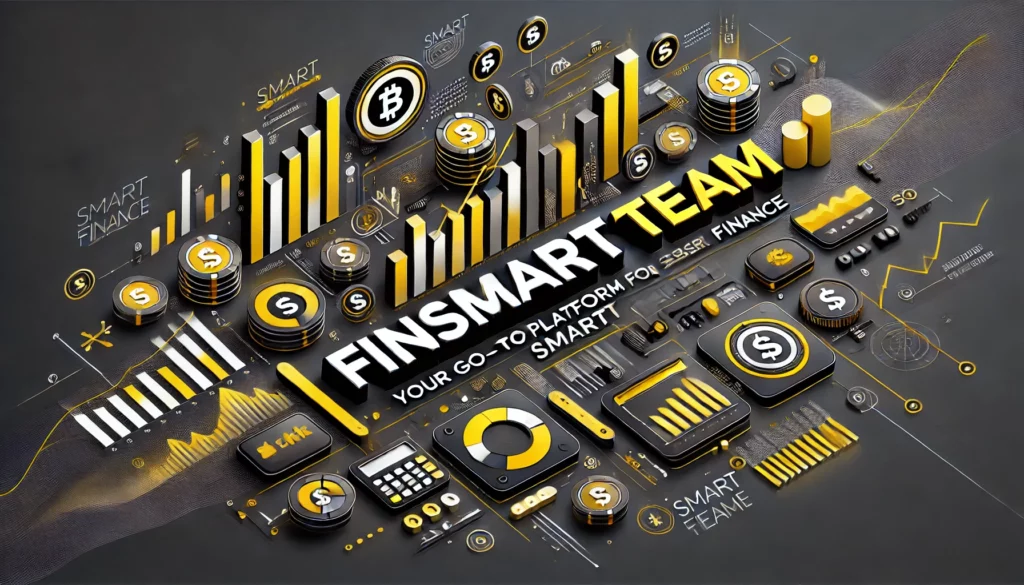Sumsub has announced the first public integration of Sumsub ID with Solana’s new Attestation Service, marking a move toward interoperable, reusable digital identities on-chain. The live demonstration, held at the Solana Accelerate event in New York, showcased a full identity verification workflow tied to a self-hosted Solana wallet.
Sumsub ID is part of a product suite released in March 2025 under the company’s Reusable Digital Identity initiative. It enables users to complete identity checks once and reuse their verified data across multiple platforms and services within Sumsub’s client ecosystem. The integration with Solana now adds a public, verifiable layer to that identity via blockchain-based attestations.
“A key first stepping stone in the evolution of Sumsub’s reusable digital identity offering”
The demonstration used Roam, an e-SIM provider, as a test case. A user initiated the process by verifying their identity through Sumsub and creating a Sumsub ID. That verified profile was then connected to a Solana self-hosted wallet. Sumsub issued an on-chain attestation tied to the wallet, which Roam later read to confirm the user’s pre-verified status when they applied for an e-SIM. The verification was done without requiring the user to repeat the entire onboarding process.
According to Sumsub, this integration is designed to support a growing demand in Web3 for verifiable credentials that are efficient, secure, and compatible across different platforms. Reusable identity credentials are seen as an answer to fragmented Know Your Customer (KYC) workflows across DeFi, gaming, and Web3 marketplaces.
Ilya Brovin, Chief Growth Officer at Sumsub, commented, “This integration with Solana’s Attestation Service marks a key first stepping stone in the evolution of Sumsub’s reusable digital identity offering. This is not just a step forward in simplifying identity verification and compliance processes – it’s about unlocking a seamless experience for users while helping businesses scale securely across Web3 ecosystems. By eliminating unnecessary friction and offering a fast, secure way to validate credentials, we’re not only reducing friction for Web3 users but also empowering organizations to combat fraud and maintain high standards of security.”
The Solana Attestation Service (SAS) allows any verified credential to be written to the blockchain and linked to a user’s Solana wallet. The protocol can be used to confirm proof-of-verification without exposing personal data. Future plans include integration of privacy-preserving verification methods such as Zero-Knowledge (ZK) Proofs.
Sumsub says that its solution can reduce user onboarding time by up to 50% and improve conversion rates by 30%, especially in high-friction environments like financial services, crypto platforms, and tokenized asset offerings.
Solana, which developed SAS as part of its push to formalize identity infrastructure within its Layer 1 blockchain, has promoted the protocol as a lightweight way to support trust across applications without compromising decentralization or security.
This latest move highlights Solana’s ongoing efforts to bridge on-chain utility with real-world compliance tools. Sumsub’s integration not only showcases the protocol’s flexibility, but also raises the possibility that identity verification could become a shared, composable resource in the Web3 stack.
Other potential use cases include NFT marketplaces, on-chain subscriptions, token sales, gaming platforms, and decentralized social media, where trusted identity can reduce abuse, simplify user flows, and ensure eligibility without repeated KYC submissions.
Sumsub’s Reusable Digital Identity model may offer a path forward for developers seeking to balance regulatory compliance with privacy-preserving infrastructure. As more businesses look for ways to scale onboarding in Web3, on-chain attestations could emerge as a standard mechanism for trust.
Sumsub, founded in 2015, serves clients across fintech, crypto, transportation, and marketplace sectors. The company provides AML, KYC, KYB, transaction monitoring, and fraud prevention solutions. Solana continues to support protocol-level tools aimed at enhancing scalability and utility across its ecosystem.




